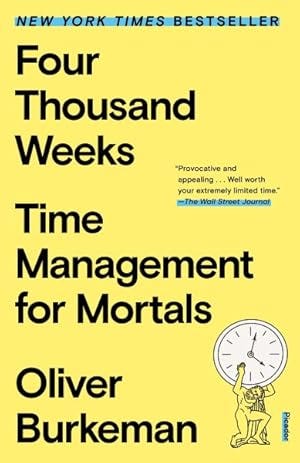Hello, and Happy New Year!
I hope this finds you all relaxed and rejuvenated as we enter the New Year. I am keeping anxiety for what awaits us on the other side at bay with gratitude for all the wonderful things in my life. A few days ago, my home was filled with young people reunited after dispersing to college, playing hilarious board games and hot tubbing while snow dumped outside. On New Year’s Eve, we roadtripped to Colorado for a cousin reunion and to celebrate with a baby shower for another grand-niece on the way. Reveling in young people and yet-to-be-born ancestors and, of course, the glorious mountains I play in every day provides nourishment to keep up the endless quest to stay in the ring and do my small part in making the world a better place.
I recently learned that Ancient Hindus would recognize our era as part of the Kali Yuga, the dark times, the “phase in the cycle of history when everything starts to unravel: governments crumble, the environment collapses, and strange weather events proliferate, refugees pour across borders, and diseases and dubious ideologies spread across the world.” according to the Mahābhārata written over 2000 years ago. While it is tempting to join the Nihilists and throw your hands in the air and call it quits (or jump a cliff into the avalanche path), both of these resources envision these times as catalysts for personal and societal transformation and renewal, emphasizing spiritual awakening and compassion.
In these times of abundant information and inspiration, synthesizing and recognizing patterns, i.e., connecting the dots of perspectives, is critical to making sense of it all. Everything idea we consume either raises or lowers our energetic vibration, either elevating us or dragging us down. In thinking about what good and gracious things breathe in and breathing out what does not serve me, I’ve been inspired by these dot-connecting perspectives that present concrete mindshifts to meet the challenges and promises of 2025.
What I’m breathing IN for 2025:
Botanist Robin Wall Kimmerer, author of Braiding Sweetgrass, argues in this short, inspiring read that drawing inspiration from the natural world is practical and possible for circular economies based on reciprocity and abundance rather than unchecked consumption and extraction. Traditional economists are starting to agree.
“How can we change our economic systems so that they don't degrade the very life-support systems that all life depends on? “
“What if scarcity is just a cultural construct - a fiction that fences us off from a better way of life?
“All flourishing is mutual.”
“Focus on belonging, not belongings.”
Every choice matters. A good first step involves recognizing enoughness.”
A refreshing rejection of time management self-help books, I devoured Burkeman’s Time Management for Mortals. Burkeman argues for the futility of our modern obsession with believing we can manage time and how we can think differently about how we might best use our preciously short human lives. In one of the final chapters, Cosmic Insignificance Theory, Burkeman suggests:
“No wonder It comes as a relief to be reminded of your insignificance: it's the feeling of realizing that you'd been holding yourself, all this time, to standards you couldn't reasonably be expected to meet … consider the possibility that many of the things you're already doing with it are more meaningful than you supposed - and that until now, you'd subconsciously been devaluing them on the grounds that they weren't significant enough. From this new perspective, it becomes possible to see that preparing nutritious meals for your children might matter as much as anything could ever matter.”
EUNOMIA
A lightbulb went off when listening to NPR's Scott Simon speak with Maggie Rowe and Emily Garcés, the podcast hosts "50 Words for Snow," about words English needs but does not have. Their word for 2025 was Eunomia, an ancient Greek word that means
“seeing the best in others, giving them the benefit of the doubt, and being open to their point of view. “
From my kids to my bosses to my seat on the City Council, practicing small mind shifts like Eunomia in every relationship (and ourselves!) seems like a great place to start. Instead of jumping to negative conclusions, actively look for reasons why someone might have acted a certain way, assuming their actions were not malicious. Be willing to listen to and consider other perspectives, even if they differ from your own. In empathizing with the other person's point of view, acknowledge their potential motivations and challenges.
Whatever else you do, breathe in gratitude for what you have ... breathe out what hurts you ... enjoy and elevate all you love …make peace with 2024 before you step into the white room.
May you all have a wild, peaceful, resilient 2025
Step into the White Room and Leave That S#%^ Behind
step into the white room abandon fear, anger, heartache love will light the way








